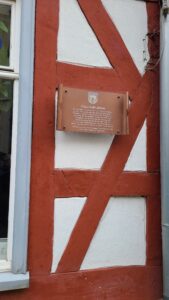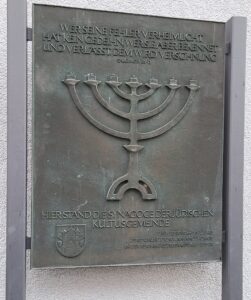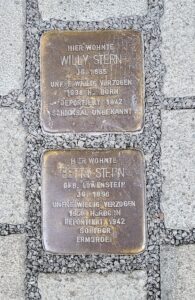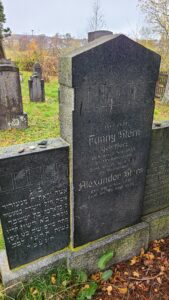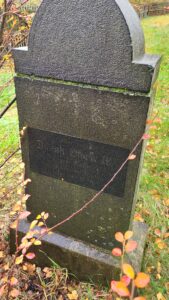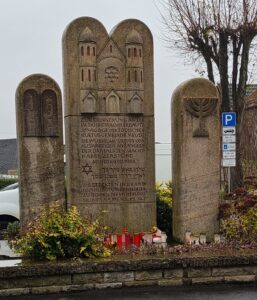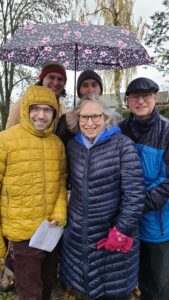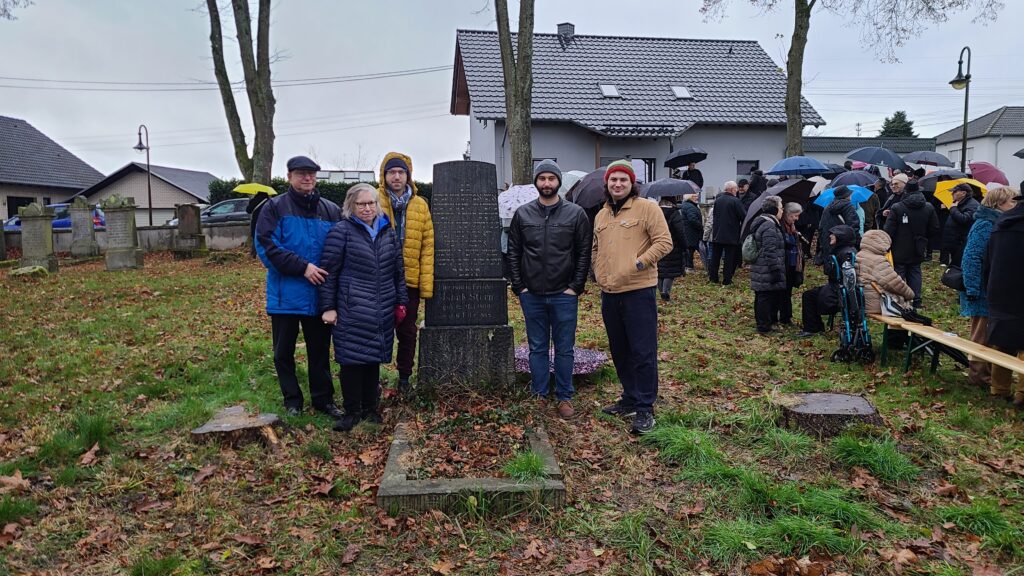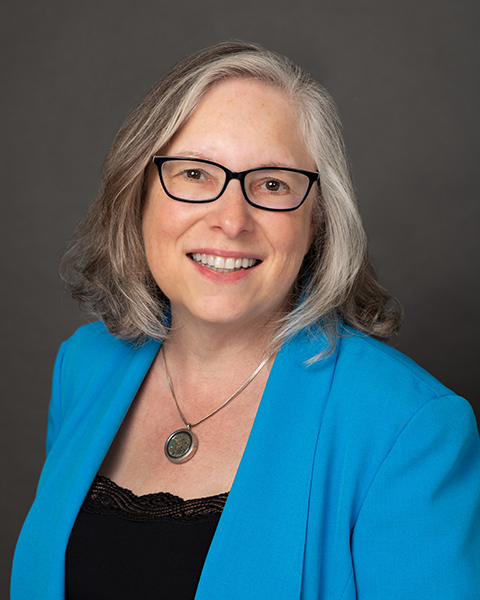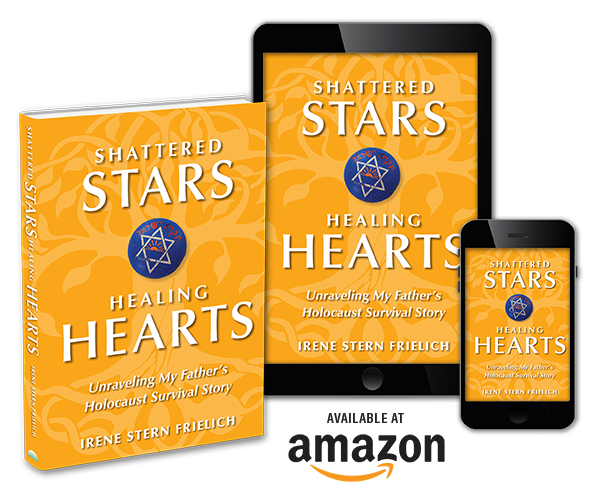Nov 17, 2024
We arrived in Meudt for the National Day of Mourning. Every three years, the town invites back the known descendants of the Jews of the town to remember Kristallnacht as part of this day. Josh and I came once before, and this is the first time for the rest of my family. When I attended six years ago, during my second visit to Germany, the service at the cemetery was the first event that transformed my view of the world. It’s too much to describe here, though I share my experiences and feelings in my book (Chapter 46: Meudt).
This year it was very special having my entire family with me, seeing some Meudt descendants I remembered from last time, and meeting many new people. There were about 60-70 attendees this time, from around the world. I met descendants from the US, Israel, Switzerland, Netherlands, and Germany. The town of Meudt along with Ludwig Falkenstein, the first Jewish person to return to Meudt after the war, created this beautiful triennial tradition. Ludwig returned in the 1960s and reconciled with his former neighbors. How remarkable and beautiful! On this day, the town hosted us for breakfast and lunch and, after the cemetery ceremony, Kaffee und Kuchen. We got drenched at the cemetery, but that didn’t seem to hinder anyone from fully participating.
We stayed in nearby Montabaur. My great-parents, Alexander and Fannie, moved from Meudt to Montabaur with their younger children. My grandfather, Moritz, was a very young boy at the time. We visited family places in the town.
We paid our respects to my great-grandparents (Moritz’s parents), Alexander and Fanny. They are buried in Montabaur, nearby Alexander’s mother, Sarah. Sarah’s husband, Isaak was buried in Meudt. There are many relatives—aunts, uncles, cousins—in this cemetery, as there were in Meudt.
Alexander was my father’s Hebrew name. That makes it particularly meaningful to visit Alexander, who died in 1923, three years before my dad was born. It was also Alexander’s grandfather’s name, we could see in the Hebrew on Isaak’s gravestone in Meudt (see previous post).
We were told that many of the stones in the Montabaur cemetery had been used by locals during the war years. Eventually, many of the stones were replaced and repaired. The fact that townspeople, who were not Jewish, returned gravestones to their rightful places is part of the complexity of postwar Germany. I often think about the Indian burial grounds that have been built over in our own country, the markers removed, no trace of the burial places to be seen.
See photos for more info.
Featured photo: Our family next to my great-great-grandfather’s grave in Meudt. Isaak Stern lived 1809-1865. It was too rainy to locate the likely gravestone of my 5th great-grandmother, Eva. Her father is documented as living in this town, too.
[Click to proceed to the next post.]
